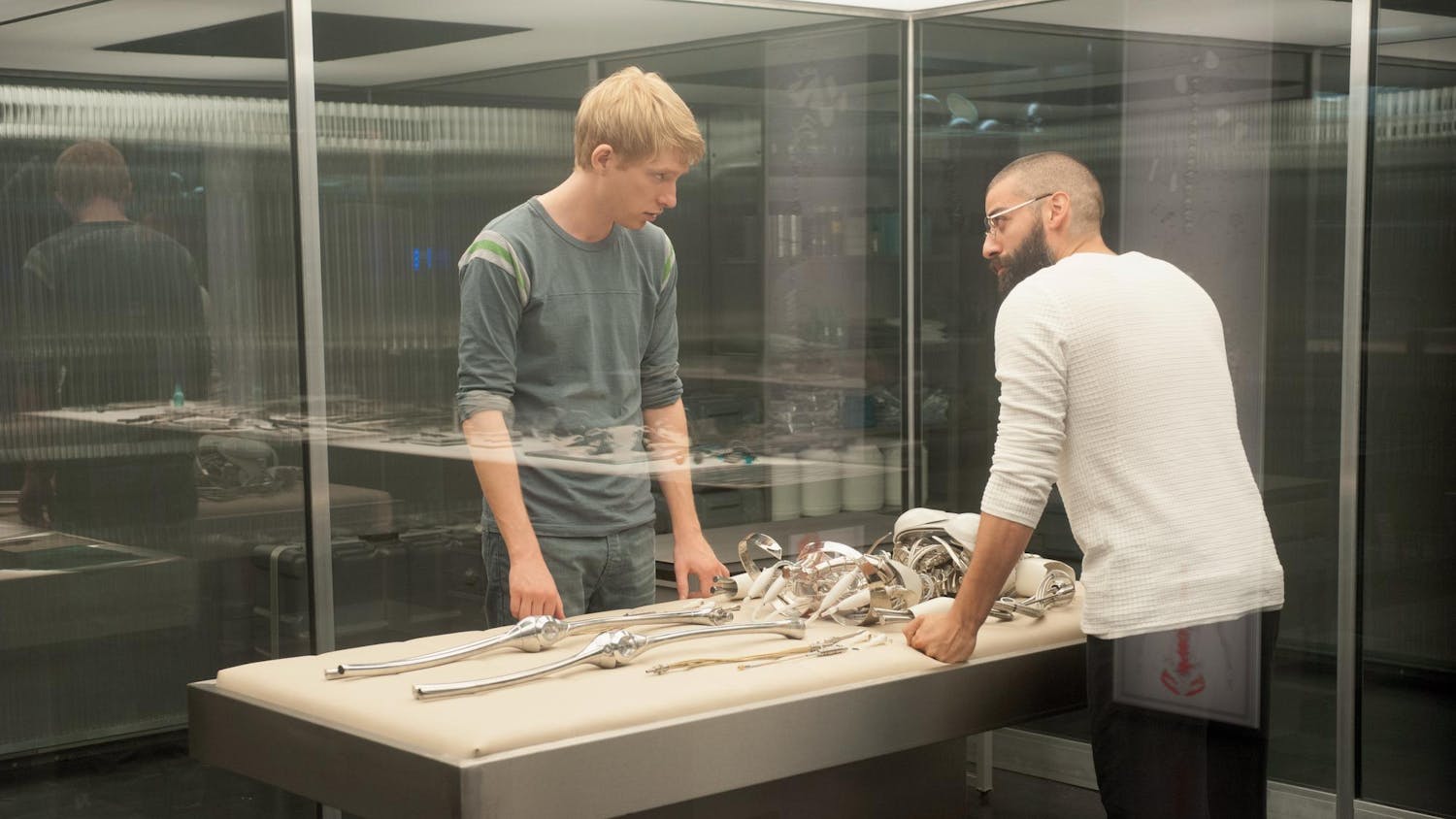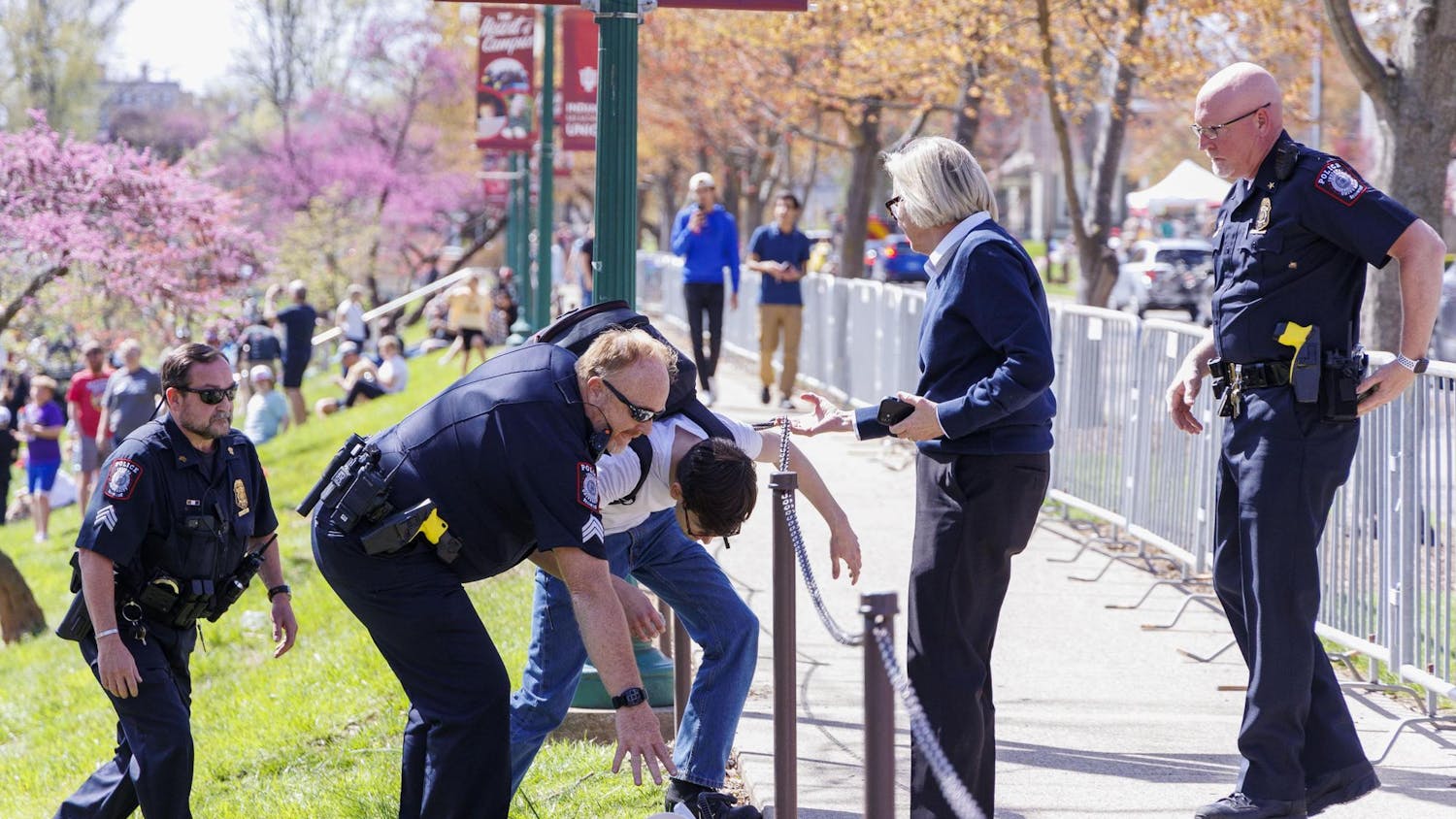Hillary Clinton is not the Democratic nominee and won’t be until the Democratic National Convention in Philadelphia between July 25-28.
As of Tuesday’s primary results, Clinton has 2,184 pledged delegates, compared to Sanders’ 1,804.
Neither candidate has the necessary amount of pledged delegates needed to clinch the nomination and both will be dependent on superdelegates come July.
However, on the evening before the last pivotal round of primaries, the Associated Press announced Clinton had secured the Democratic nomination by reaching the necessary 2,383 delegates, based on a survey of democratic super delegates.
The 2,383 total includes 571 superdelegates.
When I saw this report, the number 571 caught my attention.
I check the delegate totals daily and recalled her superdelegate count being lower when I had checked Monday morning after the Puerto Rico primary.
Indeed, CBS published an article at 10:19 a.m. June 6 reporting Clinton had acquired 1,807 pledged delegates, as a result of Sunday’s primary, and maintained the support of 548 superdelegates, bringing her “total” to 2,355.
She actually had 1,812 pledged delegates, so her real total was 2,360.
As reported by the New York Times, the Associated Press spent all day Monday reaching out to superdelegates who had not backed any candidate and asked them to endorse.
This resulted in an increase of two superdelegates for Sanders and 23 for Clinton, which then allowed the AP to declare Clinton the winner on the evening before a primary in which 694 pledged delegates were up for grabs.
This is an abhorrent journalistic practice. This is an exercise in coercing a story into existence when there was none.
This is an example of a large media conglomerate dying to report Clinton had become the nominee and doing whatever they could to make that happen.
But this story gets even more interesting.
Journalist Christina Bellantoni, of the LA Times, made an alarming discovery in images sent out by Hillary Clinton’s campaign to supporters asking for celebratory donations after the AP’s announcement.
The images in Clinton’s email appear to be screengrabs of the AP’s tweet from the night of June 6, declaring Clinton the nominee.
However, Bellantoni discovered in the email’s image labels indicates a save date of June 4, 2016, two days before the AP article was published.
This means Clinton’s campaign had access to the AP’s tweet two days before it was published and two days before Clinton actually had the superdelegates needed to claim victory.
This suggests Clinton was aware of the AP’s survey and it’s results, previous of it’s release.
Knowing this, it isn’t hard to believe that Clinton and the AP attempted to influence voters in Tuesday’s primaries by releasing the information at a politically advantageous time for her campaign.
After all, believing Clinton had already won could have persuaded voters in some way, possibly resulting in a change in voter turnout or changes in candidate preference.
Obviously, we’ll never know what Tuesday’s primaries would have looked like without the AP’s survey.
For that reason, the AP was ethically and morally wrong.
It should have let democracy play out, absent the influence of such abusive media manipulation.
Clinton, who could become the first female nominee for a major political party, will have cheated her way there.
thshowal@umail.iu.edu
@TherinShowalter





